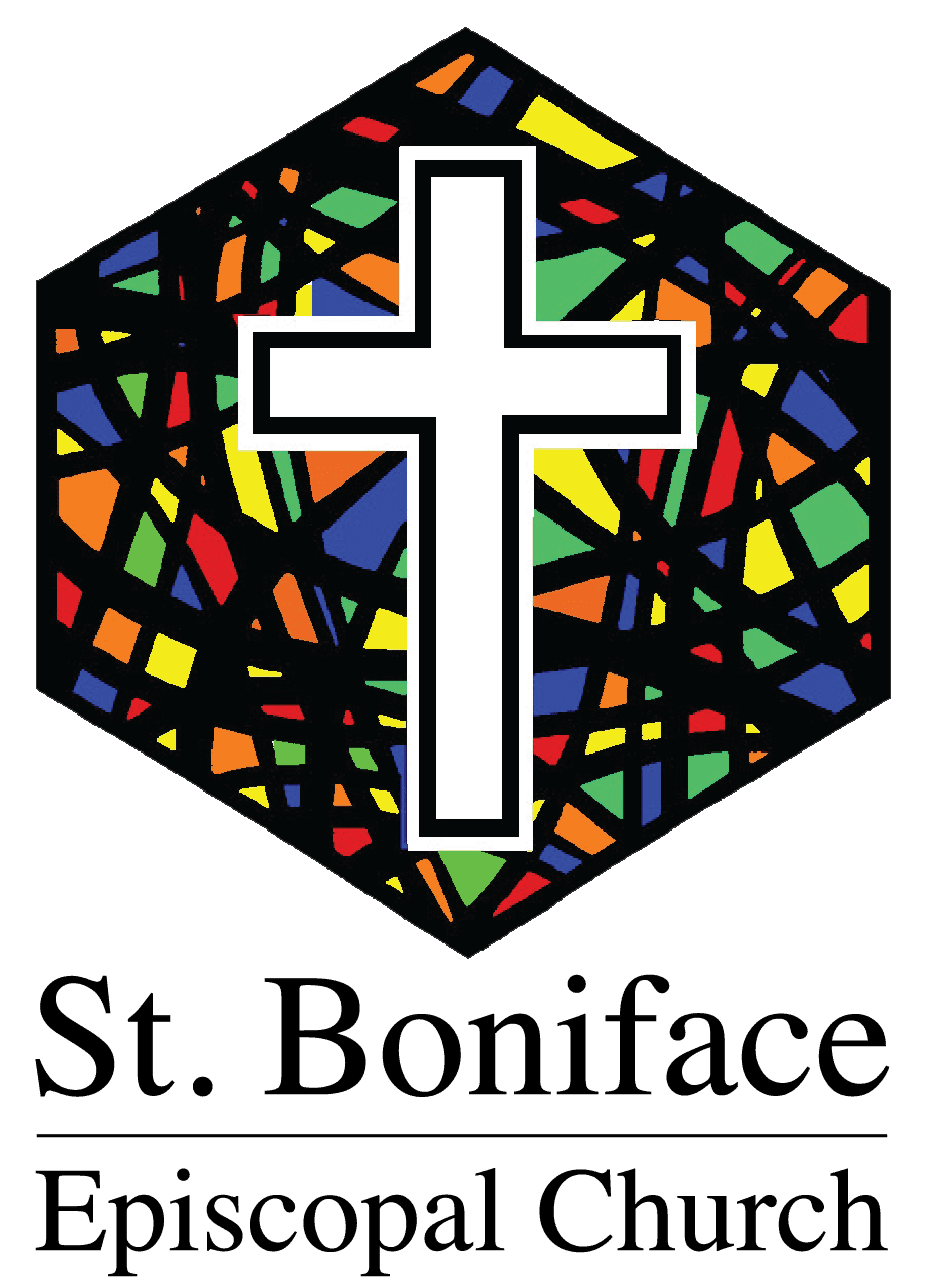Confirmation
The new followers of Jesus devoted themselves to the apostles’ teaching and fellowship, to the breaking of bread and the prayers. Awe came upon everyone because many wonders and signs were being done through the apostles. All who believed were together and had all things in common; they would sell their possessions and goods and distribute the proceeds to all, as any had need. Day by day, as they spent much time together in the temple, they broke bread at home and ate their food with glad and generous hearts, praising God and having the goodwill of all the people. And day by day the Lord added to their number those who were being saved. (Acts 2:42-47)
The Confirmation liturgy is unique in which, besides ordinations, it is the only church service that must be presided over by a Bishop. To this end, Confirmations are particularly special and celebratory. What is Confirmation? It is service in which a person confirms, or reaffirms, all those vows made at baptism. It is an opportunity for a person’s mature public affirmation of faith, their commitment as a disciple of Christ, and to receive the laying on of hands by the bishop. This is particularly appropriate for those who were baptized as infants, for those baptized in a different Christian faith tradition, or for those who have intentionally re-examined their spiritual life and wish to reaffirm their baptismal vows.
Annually, a call is put out at St Boniface for any young persons (typically teens or young adults) and for any newcomers who are interested in the Episcopal church and its theological foundations to attend “Confirmation Classes.” These are a series of classes which examine the five attributes of a mature and healthy Christian community: study, fellowship, worship, prayer, and service.
Those who have attended these classes are then offered the opportunity to receive the laying on of hands by the Bishop at the Bishop’s next visit to St Boniface. And the entire worshipping community is called to pray for and to support those who undergo this holy rite of the Church.

